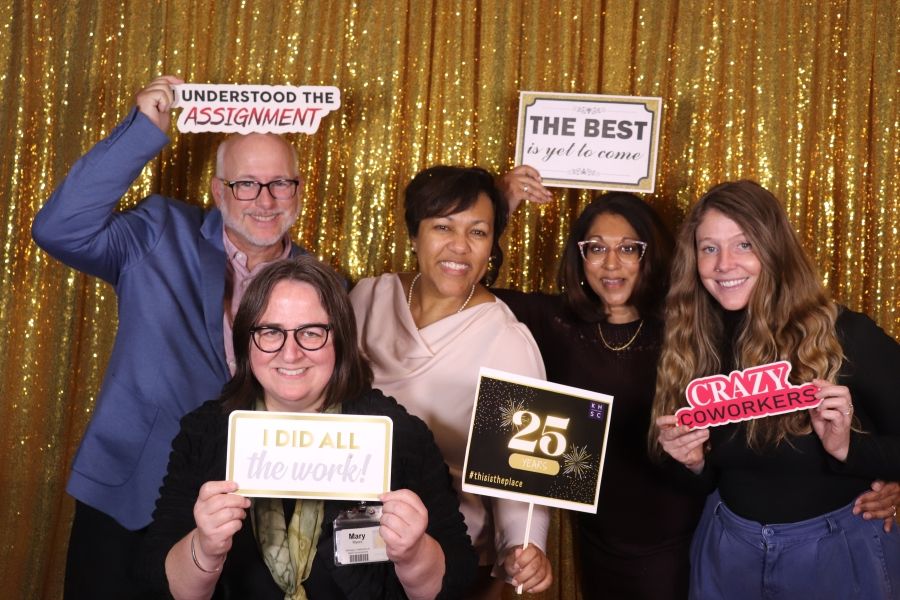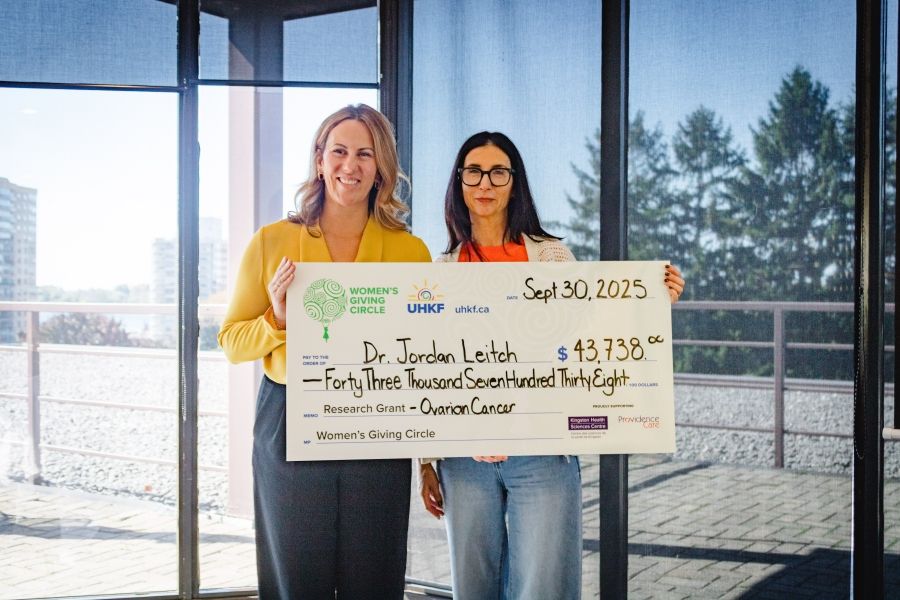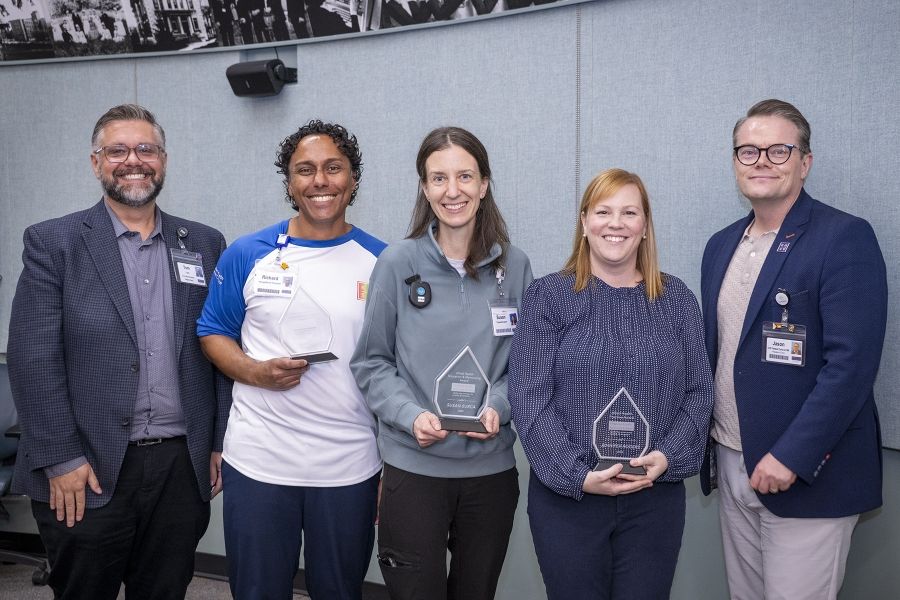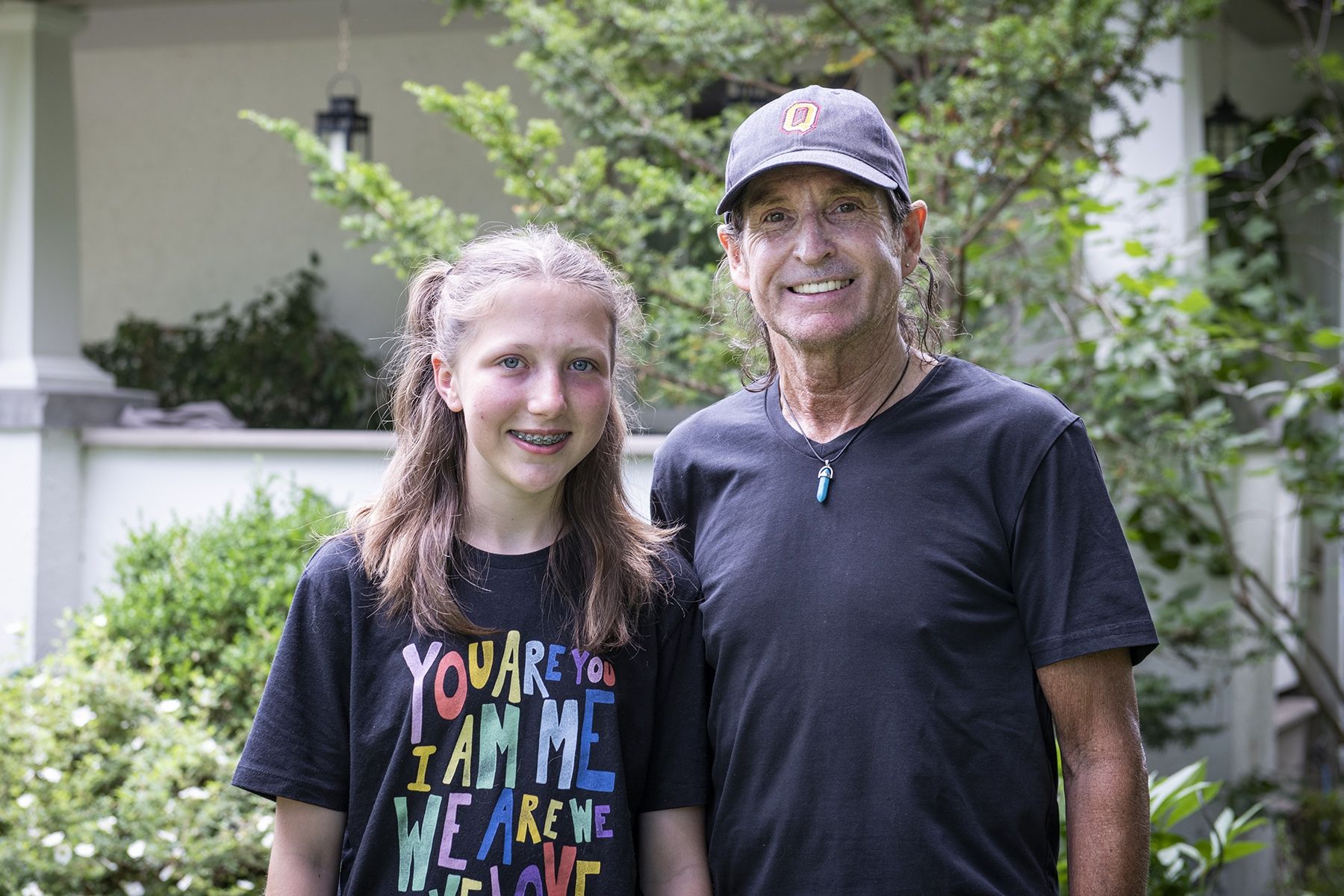
For some families in Kingston, just the thought of getting their teenager booked for a COVID-19 vaccine is a daunting one. For some children, the sights and sounds of a mass-vaccination clinic can be just too overwhelming to navigate. For others, the sight of a needle can prompt a panic-attack.
Much to the Len Whalen’s delight, his daughter Alyssa was one of the first teens vaccinated through a new effort at the Children’s Outpatient Clinic (COPC) at Kingston Health Sciences Centre’s (KHSC) Hotel Dieu Hospital (HDH) site. Allyssa, has a serious fear of needles that arose from a bad experience having blood drawn as a child.
“The COPC team was brilliant. They were compassionate, patient and incredibly skilled. It took about two hours and multiple attempts but we were successful. From the people who met us at the door, to everyone who was involved in our care, they were all friendly and supportive in whatever way they could,” says Whalen.
In total, 29 teenagers between the ages of 12 and 17 were vaccinated during the one-day effort in late June.
“With the launch of the teen vaccinations efforts in Ontario, we knew there would be a group of kids where getting a vaccination in mass clinic setting wouldn’t work for various reasons,” says Pediatrician Dr. Richard van Wylick. “So we pulled together a clinic for the kids who we were able to identify. We have individual patient rooms, we can take our time and it’s not as noisy. We take our lead from the kids and we were able to vaccinate everyone that came to the clinic that day.”
Among those kids was Kristi LeSarge’s son Finn, who also has needle phobia.
“We have had two years of worry just to get my son his grade-eight vaccines, let alone figuring out how to get him vaccinated against COVID-19,” says LeSarge. “He is a sweet boy and doesn’t want to be difficult, he wanted to get the shot, but he has a fight or flight response. He has a real fundamental fear.”
KHSC's Child Life program, who actively engage young patients through play based therapy to help them cope with their treatment and time in the hospital, was instrumental in organizing and supporting the flow and structure of the clinic.
“The team is very skilled at knowing what kids need and giving them distractions to help them remain calm and comfortable. We designed the clinic with that in mind,” says Dr. van Wylick. “We don’t want these kids to not get the vaccine because they can’t handle way it’s being administered for the majority.”
A sentiment that is appreciated by both the parents and teens.
“I had a little cry at the end because I was so relieved, I didn’t think it was going to happen and Finn was really excited too, he celebrated after it was done,” says LeSarge. “The hardest thing for these kids is that they feel shame, like there is something wrong with them because this can be so difficult. But this time he was proud when he left the hospital, and he’s never been proud after a needle.”
Moving forward, the COPC team will be working to determine how best to continually support the needs of this population of young patients in the future.
“This time we primarily went on lists that were provided by Public Health and the school boards of kids they identified who needed help. But we have capacity to do more and we know there are a few more kids that we can add to the next list,” says Dr. van Wylick. “If parents out there feel there are specific reasons that their kids can’t get the vaccine at the mass clinic, they should call Public Health for options and they could then be referred to our COPC team.”
Gallery
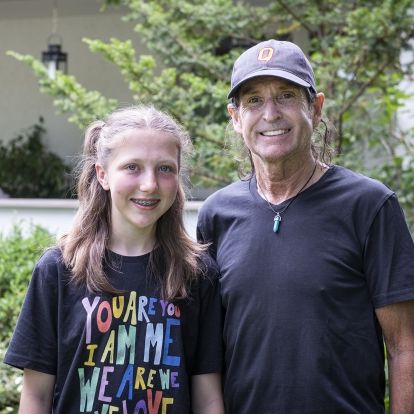
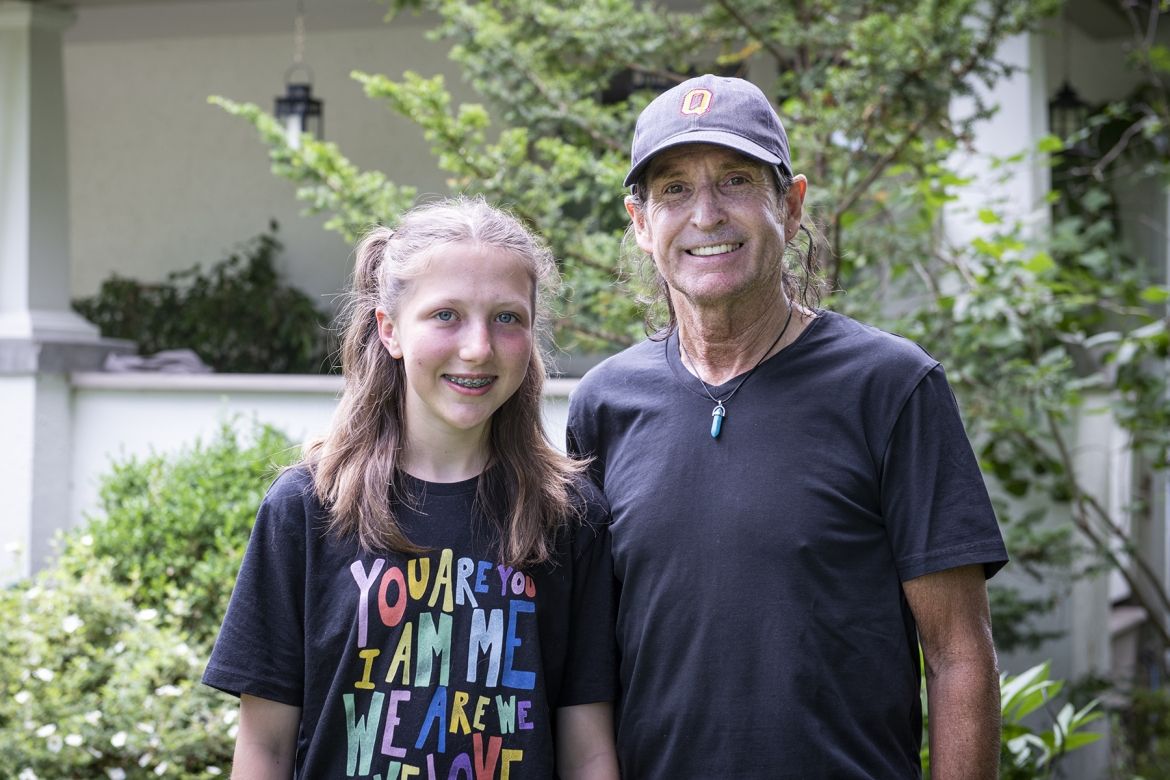
Len Whalen and his daughter Alyssa. Alyssa was one of the first teens who received her COVID vaccination through a new effort at COPC aimed at supporting teens who can't be vaccinated in regular clinics.

